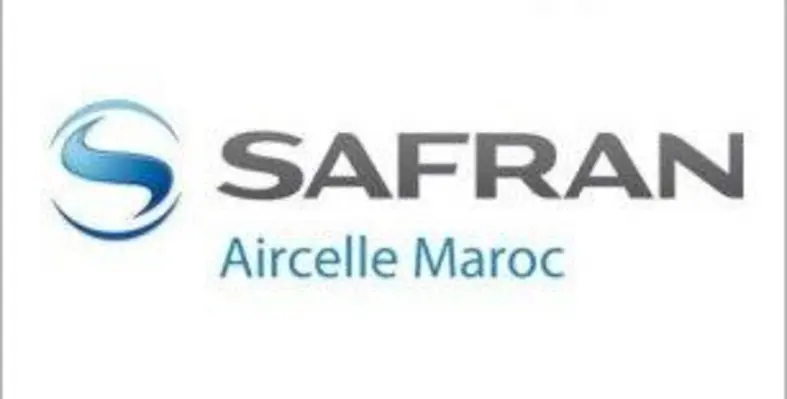The engine casings manufacturer has received the certification just 18 months after implementing the Oliver Wight Class A programme
Service levels at Aircelle Maroc have improved to a minimum of 98 per cent, having previously fluctuated between 70 per cent and 80 per cent. At the same time, stockholding levels have been reduced by a third, saving hundreds of thousands of dollars. The company has also received formal recognition from Rolls-Royce for its ‘class-leading’ OTIF delivery achievements.
There have also been significant reductions in manufacturing cycles, with assembly of some products reduced by as much as 50 per cent. The resulting Class A certification for planning and control has been achieved in just 18 months.
“The savings we have made in stockholding are worth US$10.1mn, or about US$40,000 every working day,” said supply chain manager, Ludovic Boisrame. “One of the key enablers was the breakdown of barriers between functions, underpinned by the Class A work. As soon as everybody was working from a single set of data, it was easy to see where the improvements could be made and measured.”
The programme is part of a wider Class A implementation across Aircelle and the US$13.5bn, 55,000 employee Safran group, it is part of. Safran is a French-owned multi-national operating in 50 countries and three core markets: aerospace, defence and security. Aircelle’s customers include major engine and airframe manufacturers, such as Airbus, Gulfstream, Rolls-Royce and Power Jet. Aircelle Maroc, based in Casablanca, is the first non-French site within the Safran group to achieve the Oliver Wight Class A standard.
The Moroccan plant, which manufactures nacelles (engine casings), thrust reversers and carbon fibre composite components for airliners and executive jets, has gone from strength to strength since opening in 2006; revenue has grown from US$13.5mn to US$94mn, and the site now employs nearly 450 people. General Manager Benoit Martin-Laprade is determined to continue on this upward path, planning for 15 per cent growth every year for the next five years.
“[Class A] gives us a methodology, a structure, and you need that if you plan to grow by 15 per cent every year,” said Martin-Laprade. “Class A is a globally recognised standard and it really means something to our customers all over the world. There’s no doubt that it helps us secure new business. And we know we can do it without having to increase inventory.”














